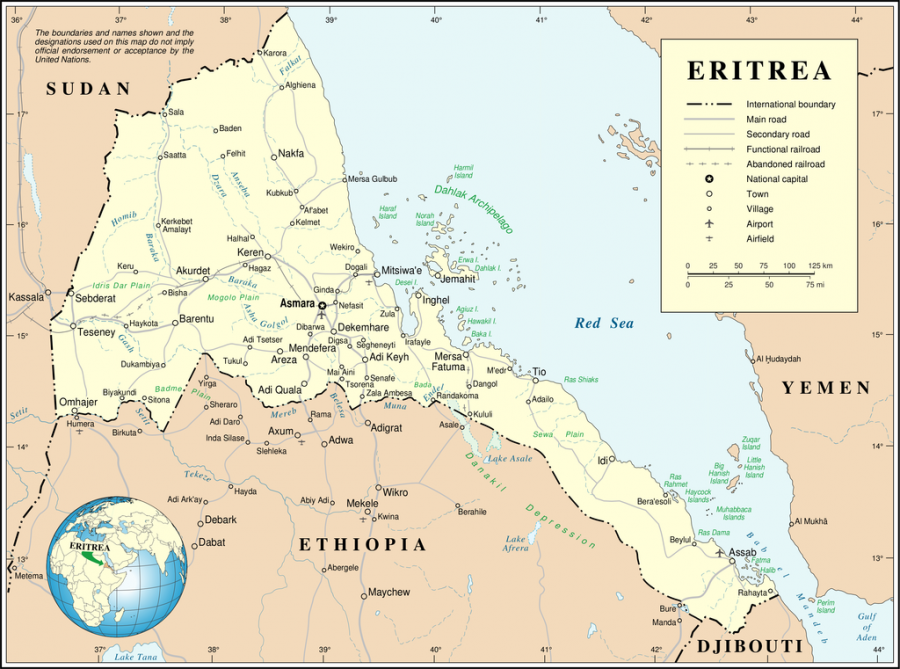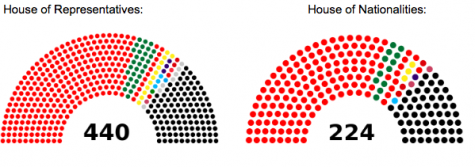Burmese elections: a cautious victory for democracy
Earlier this month, Myanmar, a country in southeast Asia, held what will likely become one of the most important elections in its history. The election marks a significant step on the country’s slow path from a repressive military dictatorship to a democracy. As the votes were counted, it became clear that Myanmar had chosen democracy. The winner of the election, by a landslide, was the National League for Democracy (NLD), led by nobel prize winner Aung San Suu Kyi.
To understand the importance of this election, it is important to understand the history of Burmese politics. Myanmar, then called Burma, became independent from the United Kingdom shortly after the Second World War. The government in this period was very unstable, often strained by communist or separatist insurgencies. To restore order to an ailing political system, the army chief of staff, Ne Win, was given temporary power. A few years later, in 1962, he seized power in a coup d’etat, establishing a repressive military junta that maintained a tight grip over the country’s politics until 2011. The economic policies of the junta, primarily based on the aim for economic self-sufficiency, propelled Burma into deep poverty.
Eventually, the people decided that they’d had enough, and, in 1988, the country erupted in protest. To quell the unrest, another military leader overthrew the government and established the “State Law and Order Restoration Council,” which ruled the country until 2011. While the protests failed to end the repression, they marked the beginning of Myanmar’s organized pro-democracy movement. In response to the chaos, Aung San Suu Kyi and her supporters founded the NLD and began the long struggle for democracy in Myanmar. They scored an electoral victory in 1990, but the new military government refused to recognize the results and placed Ms. Suu Kyi under house arrest.
Finally, in 2011, the military junta decided to transition the leadership of the country to civilian rule. They drafted a “roadmap to democracy, freed Ms. Suu Kyi from house arrest, and held elections. Although this roadmap set Myanmar on a path to civilian rule, the military was careful to retain significant powers for itself. Twenty five percent of the seats in the legislature are reserved for military officials, and many powerful ministries of the executive branch are controlled by the military as well. Thus it was in this environment, of democratization in the shadow of the military, that Myanmar held its elections this past month.
The victory of the NLD, which now holds a clear majority in the legislature and can choose the country’s president, demonstrates how far the country has come in recent years. The fact that the NLD won by such a large margin is indicative of the fact that the people of Myanmar are committed to democracy. The fact that the results were accepted by the ruling party, unlike the elections in 1990, shows that the military is genuinely open to reforming the government and introducing a democracy. Surely, this election represents a significant step in bringing democracy to Myanmar. Nevertheless, it is only one step in a long journey.
Burmese politics are still influenced greatly by the leaders of the military. Despite the fact that the NLD now has a parliamentary majority, the 25% of seats retained by the military play an important role in ensuring the protection of the current ruling elite. This is because a consensus of at least 75% is needed to change Myanmar’s constitution. And it is the constitution that guarantees the military control over powerful government militaries. Additionally, a provision of the constitution prevents Ms. Suu Kyi from becoming president. Thus the new power of NLD will certainly promote democracy in the country, but many of its efforts will likely be stalled by opposition from the military.
The results of this election are certainly cause to celebrate, as they have increased the influence of the NLD and showed without a doubt the commitment of the people to democracy. Nevertheless, one mustn’t forget while celebrating that, in the end, it is the military that holds the power to completely bring democracy to Myanmar. Until now, they’ve shown a remarkable openness to change and reform, but they’ve also shown reluctance to give up the power with which they’ve become accustomed. So while the results of this election are a positive reflection of the will of the Burmese people, we can only hope that the Burmese military is listening.
Red represents the NLD. Black represents military appointees.
Sources: BBC, The Guardian, Oxford Burma Alliance, Wikimedia Commons
















